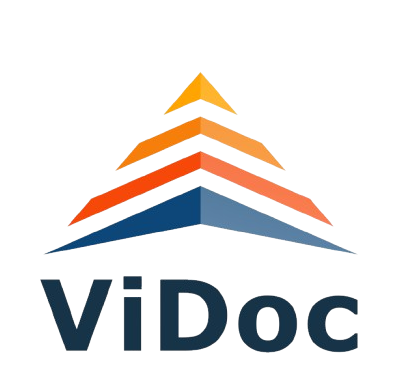
Hospitals, clinics, and doctors that use paper-based documents face several challenges. Here are specific challenges they encounter, along with how digital transformation with document management can help them in patient record management, patient care, and patient satisfaction:
Limited Accessibility and Retrieval: Paper-based records are physically stored and can be challenging to access, especially when needed urgently or by multiple healthcare providers simultaneously. Digital transformation allows for centralized storage and quick retrieval of patient records, enabling healthcare professionals to access information from any location, improving efficiency, and facilitating timely decision-making.
Data Security and Privacy Risks: Paper-based documents are vulnerable to loss, damage, or unauthorized access, compromising patient confidentiality and data security. Digital document management ensures robust security measures, such as encryption, access controls, and audit trails, protecting patient information and complying with privacy regulations. This enhances patient trust and confidentiality.
Inefficient Workflow and Productivity: Paper-based systems involve manual handling, which is time-consuming and prone to errors. Digital transformation streamlines workflow processes through automation, reducing administrative burden and allowing doctors and staff to focus more on patient care. This improves productivity, reduces errors, and enhances overall efficiency.
Limited Collaboration and Care Coordination: Paper records can hinder effective collaboration and care coordination among healthcare providers. Digital document management facilitates seamless sharing of patient information among doctors, specialists, and healthcare teams. This promotes better communication, enables coordinated care plans, and improves patient outcomes through efficient collaboration.
Incomplete Patient Information and Medical History: Paper-based systems may lead to incomplete or missing patient information due to misplacement or loss of documents. Digital document management ensures comprehensive and centralized storage of patient records, including medical history, test results, and treatment plans. This provides healthcare providers with a complete view of the patient’s health, enabling accurate diagnoses and effective treatment decisions.
Limited Data Analytics and Insights: Paper records lack the capability for advanced data analytics and insights. Digital transformation allows hospitals, clinics, and doctors to leverage data analytics tools to analyze patient data, identify trends, and gain insights. This supports evidence-based decision-making, proactive interventions, and population health management, leading to improved patient care and outcomes.
Suboptimal Patient Engagement and Satisfaction: Paper-based systems often result in delays, long wait times, and inconveniences for patients. Digital document management improves patient engagement and satisfaction by offering features such as online appointment scheduling, secure patient portals for accessing medical information, and electronic communication channels. This enhances patient convenience, provides timely access to information, and fosters active involvement in their own care.
By embracing digital transformation with document management, hospitals, clinics, and doctors can overcome these challenges and achieve numerous benefits:
- Enhanced Patient Record Management: Digital document management ensures accurate and comprehensive patient record management, allowing quick access to information, reducing errors, and supporting seamless data sharing among healthcare providers.
- Improved Patient Care and Outcomes: Digital systems enable timely access to patient information, promote accurate diagnoses, facilitate care coordination, and support evidence-based treatment decisions. This leads to improved patient care, better health outcomes, and increased patient satisfaction.
- Advanced Analytics and Population Health Management: Digital records enable data analytics and insights that aid in identifying trends, managing population health, and developing targeted interventions. This supports proactive healthcare initiatives, preventive care, and optimized population health outcomes.
- Streamlined Workflow Efficiency: Digital document management automates workflows, reduces paperwork, and streamlines administrative tasks, allowing doctors and staff to focus more on patient care, leading to improved efficiency and productivity.
- Enhanced Data Security and Privacy: Digital systems provide robust security measures to protect patient data, ensuring confidentiality, integrity, and compliance with privacy regulations. This instils patient trust and confidence in the healthcare organization.
Overall, digital transformation with document management empowers hospitals, clinics, and doctors to deliver higher quality, patient-centered care, improve patient satisfaction, optimize workflow efficiency, and support better health outcomes.


